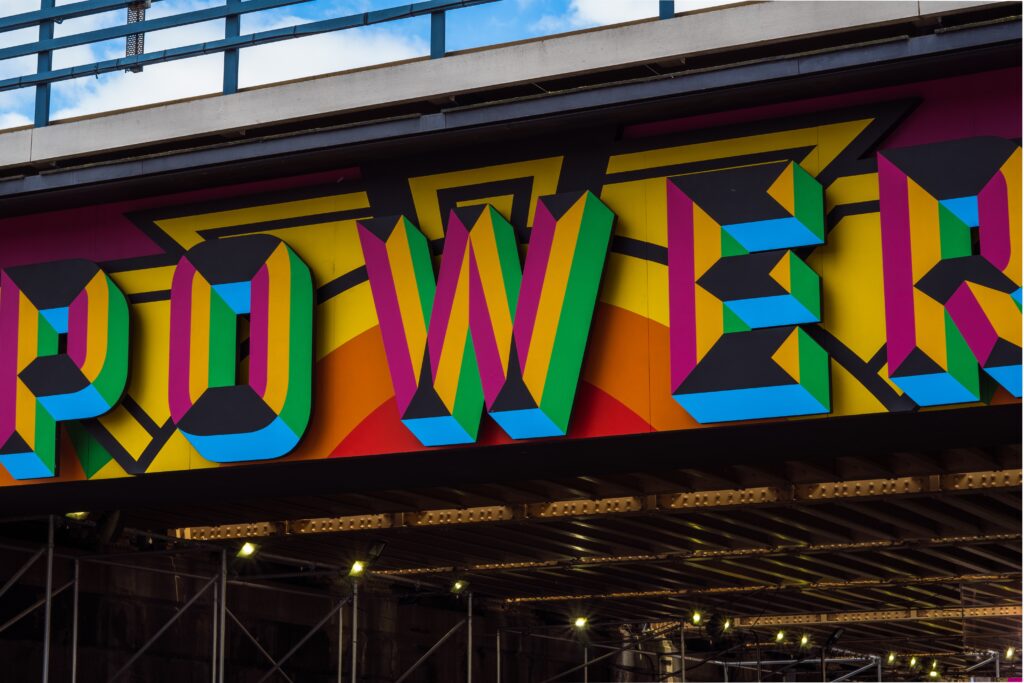
Just kidding, I don’t have a grant-writing super power and, to be honest, the thing I have in mind is not a power so much as it is a lesson I have yet to learn.
The lesson is: when you’re considering a grant, you need to look not just at the call for proposals, but also at the specific method by which you’re going to submit your proposal.
Some proposals get submitted by just attached a PDF to an email, while others get submitted through an online form or an application portal. In any case, make sure you not only know what is being asked for not just in the call for proposals, but in the submission method as well.
For example, I recently found myself in the position of submitting a grant recently where I had written out a detailed project narrative, timeline, and impact statement, totaling nine pages. But when I went into the application portal for this particular grant (for the first time, mind you) I found that each of those sections was limited to 1,500 characters each.
Not 1,500 words, 1,500 characters.
As a result, I had very quickly cut out most of my lovingly crafted prose to make it fit in the space allotted. I could have probably saved myself quite a bit of writing time, and a significant amount of headache right before the deadline, by doing just a little bit more due diligence at the beginning of the whole process.
I wish I could say this was the first time this has happened to me; it wasn’t. But maybe you—and I—can learn from my mistakes and do just a little bit better next time.

